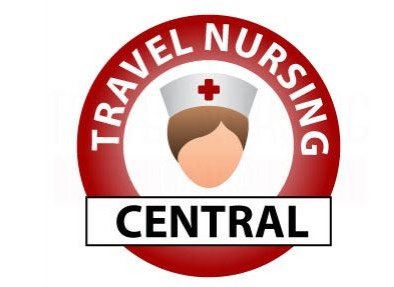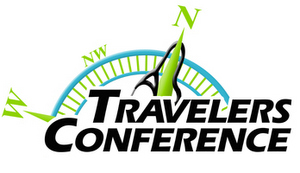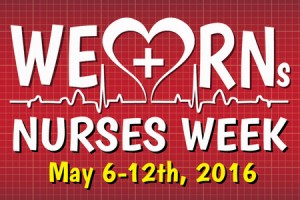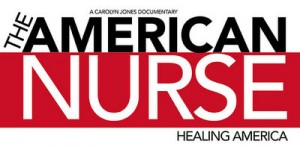
Reading your travel nursing contract can sometimes leave you with more questions than answers. It’s important to know what you’re signing up for when you agree to a travel assignment.
Your contract is arguably your most important tool to help you navigate the sometimes uncharted waters of your travel nursing career. It can also be the most confusing. Fortunately, Travel Nursing Central is here to help you map out your professional path. We posted some of your frequently asked questions about travel nursing contracts and our answers here. Please keep in mind that our website should not be substituted for legal counsel. Rather, we hope this information helps you become a better advocate for yourself. As always, we recommend that you speak with your recruiter before you sign or break your contract.
Question: “I am on my first assignment in Kentucky. I agreed to this job because the agency and the hospital both made it sound so much better than it actually is. I took a night shift job, which was a huge mistake. I’m not sleeping well, I’m sick 24/7, and I feel depressed and yuck. On top of that, my contract is extremely vague, and things don’t make any sense to me now. I missed a shift, and now they’re taking money away from me. I want out — I’m going through so much and frustrated. Help!”
Answer: “I’m so sorry your first traveling assignment hasn’t been a fun experience. Even though this trip wasn’t everything you’d hoped it would be, you still have options.
In your case, I recommend that you let your recruiter know how you’re feeling about this assignment so far. If your recruiter has your best interests at heart, she or he should be able to reassure you and offer advice on what to do next. Maybe this current assignment is almost done, and you can soon relocate to another hospital with better hours. After all, that’s the positive side of traveling nursing—most assignments are short.
If your assignment is truly unbearable, you can quit, but make sure you read your contract thoroughly so that you understand the consequences. Some contracts have monetary penalties for travelers who end an assignment early. Again, you can always ask your recruiter to go over your contract with you to explain anything that seems vague to you.
For future traveling assignments, I would also suggest thoroughly reviewing any new contract with your recruiter before you sign anything. It’s not always a joy to read all that legal jargon, but, if you do, you won’t ever again be surprised with any unexpected charges or fees. I hope you start feeling better, and enjoy future trips as a traveling nurse soon.”
Question: “I have been at my current travel assignment for almost a year. I have never done travel nursing before this. My travel agency and facility would both like me to renew, but I have heard from different people that you aren’t considered a contract nurse after a year at one facility. My travel agency says this isn’t a problem. What is your understanding of this? I would like to stay at this facility, but I don’t want any surprises if I decide to stay!”
Answer: “You can work at your current facility as long as you like. However, if you decide to stay, you will no longer be eligible to receive a housing stipend or a Per Diem allowance. If you work in the same location for a year, the IRS considers that location as your new permanent tax home. In the eyes of the IRS, you are no longer away from home, so you can’t receive the tax-free money. Whatever you decide, I hope this information helps you in your travel nursing career. Good luck!”
Question: “I am currently fulfilling a contract in California. I was told by my agency that the company I am working for is going to decrease my rate mid-contract. I found out that it was not affecting all travelers on my unit. When I called my agency upset about this rate change, they told me that I could either accept the rate change or my contract would be cancelled. Can they do this?”
Answer: First of all, I’m sorry to hear that this assignment has been stressful for you. I would highly recommend asking your recruiter about your contract. I’m not a legal expert, but they should not be able to change the terms of your contract without consent on both sides and without proper notice. However, there could be provisions in your contract which would allow your agency to the cancel the assignment if you don’t agree. Without reading the specifics of your contract, I believe you have two choices in your current situation. You can accept the change and complete the assignment, or you decline the change and start looking for another position with another agency. Again, I would speak with your recruiter first to fully understand your options before you make any decisions in your current assignment. Thanks for writing and good luck!
For more FAQs regarding travel nursing contracts, please click here.









